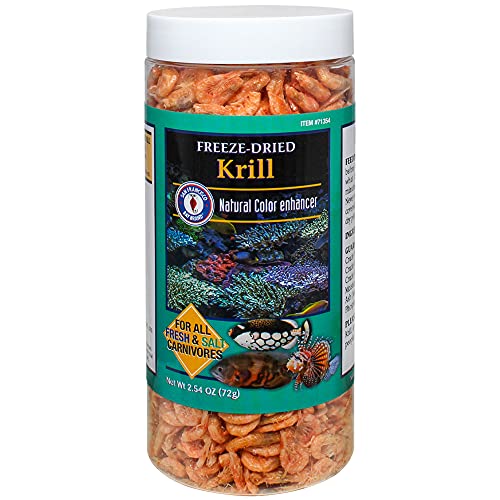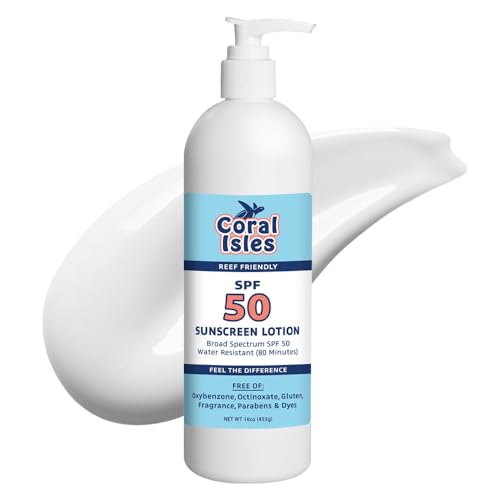I think this is why it is important to know not only the price of the fish you are buying, but the methodology and habitat it was taken from. We cannot see what goes into are beef, chicken, and produce, but is we take it at face value and say that it doesn't matter we will end up with horrible consequences. No, I also don't think the powers of capitalism will take care of it. A store buying cyanide fish will make more money not less; try actually going out to the reef and net catching a fish, and you though the 100 gal tank was bad. Furthermore cyanide isn't the only poor method. I hate swimming in hawaii and seeing huge fish traps lying on the reef with fish constantly getting trapped in them. Your best bet it a open them up so they can swim in a out, moving one by hand is.... hard. I guess It saddens me to think that we as consumers think responsibility belongs to someone up the chain. I talked to one of my friends from Thailand who uses cyanide to catch fish because he has too. Shall water fish that school together really are the easiest way for a man to support his wife and kids. This is what he told me about the chain.
After he sprays cyanide he can collect several hundred fish from a small area. About 30%-50% percent don't ever wake back up. The ones that do are brought to shore in a bag and packaged right there on the beach. They are then picked up by truck by a large export/shipping company that counts his catch and they pay him later. They are then shipped to a holding facility where about 50% of whats left die. There they wait for a 3-4 days period in, at least the facility I saw, really gross water. They are then shipped to a wholesaler in the states that can distribute them to multiple small stores the Thai shipper could not. The U.S. wholesaler treats the crap outta them and tries to get them to eats. I mean copper in levels I have never dare used. They then wait for order from local pets stores and voila! It's a don't ask don't tell world. Yes many countries have anti cyanide laws but the great majority is unenforced. In fact for a test, which I have done with great joy, travel to one of the countries, I chose Thailland cause that were my best friend is from, wade into the water and just start catching with with a speargun. Not a single person will ask you what you are doing outside of Bangkok. So here is the price breakdown for a typical powerblue tang.
Prices paid of unit in USD.
.75-1 Dollar By Thai Shipper to Fisherman
5-10 Dollars By U.S. Wholesaler to Thai Shipper
35-60 Dollars Paid by U.S. Pet store to wholesaler.
This is of course for live specimen.
Now of course take this info to stride but here are some sources I would suggest.
http://www.american.edu/ted/coral.htm
http://www.aaas.org/international/africa/coralreefs/ch1.shtml
Now of course this is only one source, and I had a friend that was kind enough to tell me how much he was paid, and the illegal method he employs. But honestly, I don't hold it against him. He make very little for the work he does and catching by net just isn't lucrative enough at at the rate he paid. Remember 75 cents is what he gets for a valuable fish not your average damsel.
Ultimately it comes down to responsibility. Do we blame the fisherman who are trying to make an honest wage? The Transhipper just helping his company out? The U.S. wholesaler that wants to bring us the best quality livestock? Or the LFS, but then again at that point I would posit that many have no idea how the fish are caught or what beaches they were brought from?
This is dilemma that goes beyond where you buy from too how we support not only the hobby, but the greater environment.
As a disclosure I am not a liberal that wants to protect the world from everything. I love my wildcaught fish way more the my aquacultured, sorry. My achilles kicks ass. But, I do believe that this trade is sustainable. We can pay fisherman higher wages so that they use cyanide, and we can make sure transhippers are limited in the number of fish they send abroad. That is why I am proud to spend more on a single fish if it for the right reasons.
Yes, I agree, paying more just because the LFS charges 200 markup, isn't smart, but is that really the case? Do we really believe that our LFS here that charge 30-40 percent more than another one is just making hand over fist in profits? Or is it because they have chosen reputable sources and took the responsibility to protecting their livelihood as well as our mutual environment into their own hands? Maybe we should as well. Would you be more selective of your fish and be thoughtful of your husbandry if a tang Naso cost 20, 100, or 200 dollars? Well maybe not. But just for a moment think about what you want your consumer dollar to do because it is a powerful tool. It behooves us to spend the time to think about the role we play and the world we have been gifted.


































































